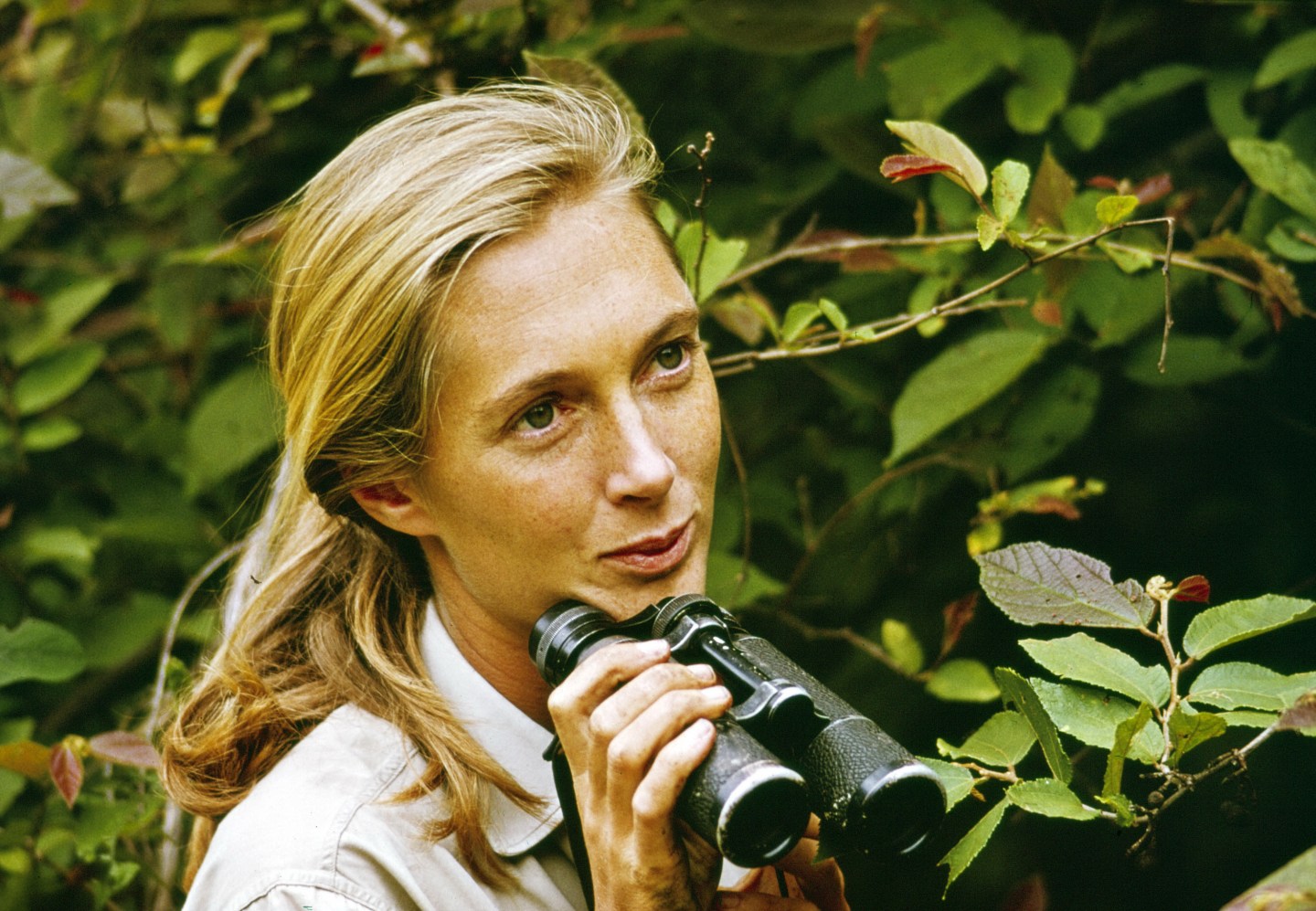The world lost more than an extraordinary scientist in Dr. Jane Goodall. We lost one of humanity’s clearest voices — a voice that reminded us that hope is not naïve optimism, but a call to action.
Jane Goodall taught us that change begins in the smallest places and grows from the most unexpected corners of our lives. She proved that much can be accomplished when you start with observation and deep listening and that compassion is not only a sentiment but, more importantly, also a practice — one that requires persistence, humility, and faith in the goodness of others.
These are lessons that leaders should take to heart and employ much more today. As I reflect on Jane’s legacy, I see lessons that speak directly to the mission of the organization I lead, United Way Worldwide.
Like Jane, I believe that change is possible when communities come together around a shared purpose. For Jane, that looks like her Roots and Shoots program, which empowers young people to be the positive change in their communities, identifying problems and working together to come up with solutions.
Every day, I see people who volunteer with, work for, and support United Way embodying the same quiet courage that Jane modeled. They are mentoring young people, supporting families through crises and are rebuilding after floods and fires. They are organizing food drives, building affordable housing, and standing up for equity and opportunity in their hometowns. These are people who are not waiting for permission to make a difference.
Whether in the face of environmental threats, economic divides, or social unrest, humanity’s greatest strength has always shone through when we unite — across backgrounds, beliefs, and borders. And like Jane, I believe that humanity’s greatest hope lies in our shared responsibility to look beyond division and choose cooperation over conflict.
That’s also the heartbeat of United Way: the conviction that we are better together than apart, that the problems facing us — from food and housing insecurity to economic hardship — are too great for any one person or sector to solve alone.
Jane Goodall’s passing is a moment of profound sadness. And yet, if Jane taught us anything, it’s that despair is a luxury we cannot afford. She would remind us to start where we are, to act where we can, and to trust that small, steady steps can transform our communities.
Her example challenges each of us — especially those of us in positions of leadership — to do more than admire her courage.
As a young woman, Jane ventured alone into Gombe, Tanzania, to study chimpanzees; she challenged scientific norms of her time; and, despite facing significant criticism, she was a fierce advocate for environmental awareness and conservation, causes she cared deeply about. Indeed, one of Jane’s beliefs about our current time is that people, too often, lack courage to do the right thing.
I am fortunate to see courage in action through my work every day. I see it in the volunteer who gives an hour of her time to care for the elderly. In the donor who scrapes together what she can and writes a $10 check. In the retiree who mentors a child. In the community organizer who listens, convenes, and builds trust.
These acts of generosity — large and small — are how hope becomes tangible and how change begins.
Jane Goodall’s work is not finished. The obligation is now ours to keep her spirit alive by transforming our compassion into action, and our hope into habit so that the world can become a more courageous and kinder place.
In her own words, Jane once said: “You cannot get through a single day without having an impact on the world around you. What you do makes a difference, and you have to decide what kind of difference you want to make.”
That is our shared calling — as Americans of all backgrounds and political stripes, as global citizens, and as neighbors.
We can honor Jane Goodall best not just by mourning the darkness that comes from her loss, but by multiplying her light — by caring for our planet, our people, and one another with the same fierce grace and sense of urgency she embodied every day of her life.
Because in the end, Jane believed — as I believe — that: Hope is not an emotion. Hope is action. And hope is work. It’s our responsibility to leave this world better than we found it.
So, let’s get to work—together.
The opinions expressed in Fortune.com commentary pieces are solely the views of their authors and do not necessarily reflect the opinions and beliefs of Fortune.












